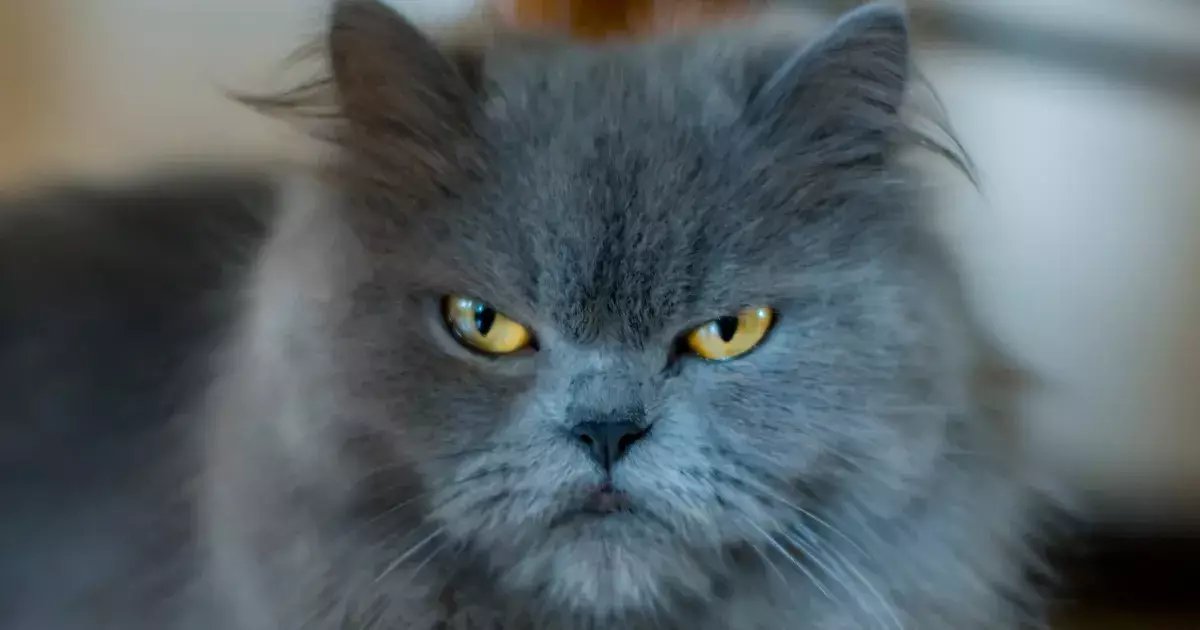Cats have long fascinated humans with their alluring independence and complex personalities. However, beneath that cool exterior lies an emotional landscape where jealousy can rear its head, often manifesting in behaviors that can disrupt harmony at home. Understanding the reasons behind this jealousy is crucial for ensuring that the bond between you and your furry companion remains strong and nurturing. In this article, we will dive into the causes of feline jealousy, identify the signs to watch for, and explore effective strategies to manage it.
Every cat owner understands that these creatures thrive on consistency and a sense of stability. Any disruption to their normal environment can lead to feelings of jealousy. Here are some common life changes that may trigger jealous behavior in feline friends:
1. **New Pets:** Introducing a new dog or cat can quickly turn the home dynamics upside down. A cat may struggle with their sense of territory and feel they are in competition for your affection.
2. **Shifts in Routine:** Cats are creatures of habit, and unexpected changes in feeding times, play schedules, or even sleep patterns can cause distress. A cat may interpret these disruptions as a sign of neglect.
3. **New People:** The arrival of guests or even new family members can make cats feel insecure. They may sense that their cherished human attention is being divided, leading to resentment.
4. **Neglected Attention:** A busy lifestyle can inadvertently lead to less interaction with your cat. Cats can become aware when they receive less affection than before, triggering jealousy and potentially problematic behaviors.
Recognizing jealousy in cats can be subtle but crucial for addressing the issue. Here are typical signs you might observe:
– **Aggressive Behaviors:** Sudden hissing, swatting, or growling at other pets, humans, or even inanimate objects could indicate jealousy-driven aggression.
– **Increased Vocalization:** If your cat becomes more vocal than usual, it might be their way of demanding attention and trying to reclaim their space in your life.
– **Inappropriate Urination:** Some cats urinate outside their litter box as a method of marking territory, a behavior that can be an alarming sign of jealousy.
– **Social Withdrawal:** On the flip side, some cats may choose to retreat, becoming less social in an effort to cope with their changed environment or feelings of insecurity.
Addressing feline jealousy is not just about recognizing signs; it involves proactive measures that can help your cat feel reassured and secure in their environment. Here are some effective strategies:
1. **Consistency is Key:** Maintaining a regular routine is essential. Stick to feeding schedules and ensure that playtime remains a priority. One-on-one time strengthens your bond and fosters security.
2. **Introduce Gradually:** If you’re planning to introduce a new pet or family member, take it slow. Create safe spaces for your existing cat so they don’t feel threatened and allow them time to adjust to any changes.
3. **Create an Enriching Environment:** Providing stimulating toys and activities can reduce feelings of jealousy. Cats enjoy interactive play and scratching post setups, which also help in relieving boredom.
4. **Reinforce Positive Behavior:** When your cat engages positively, offer praise, treats, or playtime as a reward. Positive reinforcement can help shift focus from jealousy to a sense of collaboration and bonding.
5. **Professional Help:** If jealousy escalates into aggression or stress that seems unmanageable, consult your veterinarian or an animal behaviorist. They can offer customized strategies and insights tailored to your cat’s specific needs.
Addressing jealousy in cats requires understanding, patience, and a readiness to adapt your approach as their environment changes. By recognizing the triggers and signs of jealousy, you can implement effective management strategies that promote a sense of security and love. The journey may be challenging, but with time and attention, you can cultivate a fulfilling relationship with your feline companion that thrives on trust and companionship. Only through consistent effort can you ensure that your home remains a harmonious sanctuary for both you and your beloved cat.


Leave a Reply